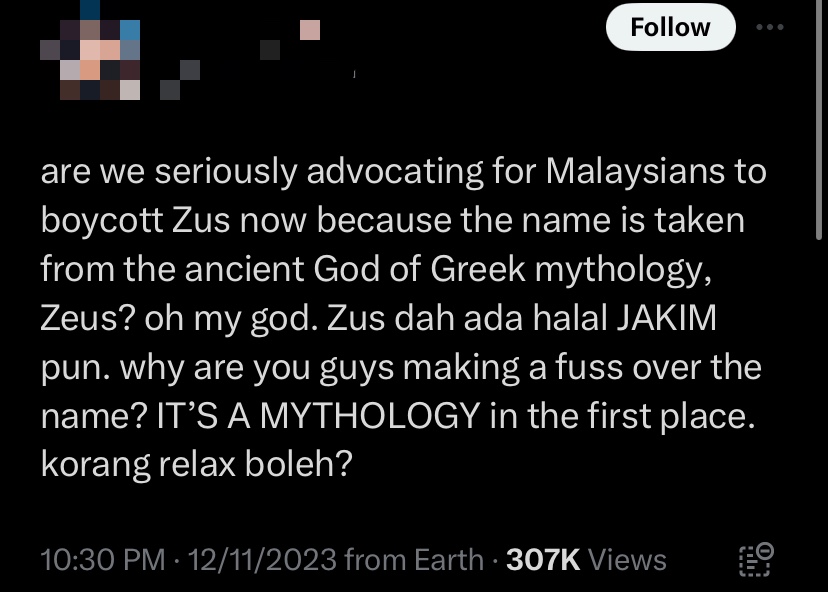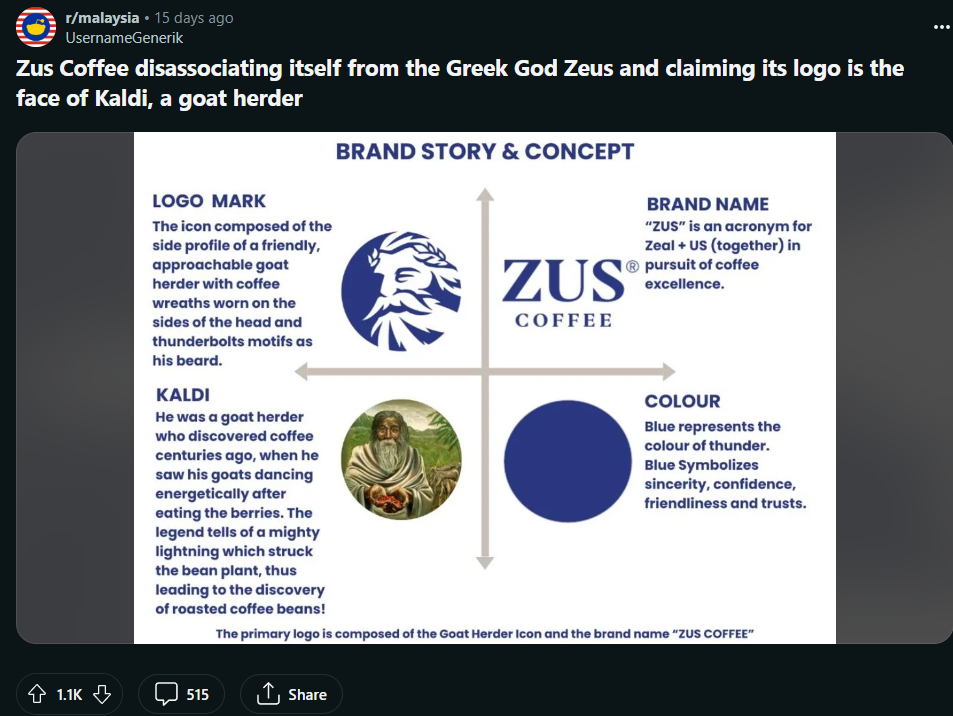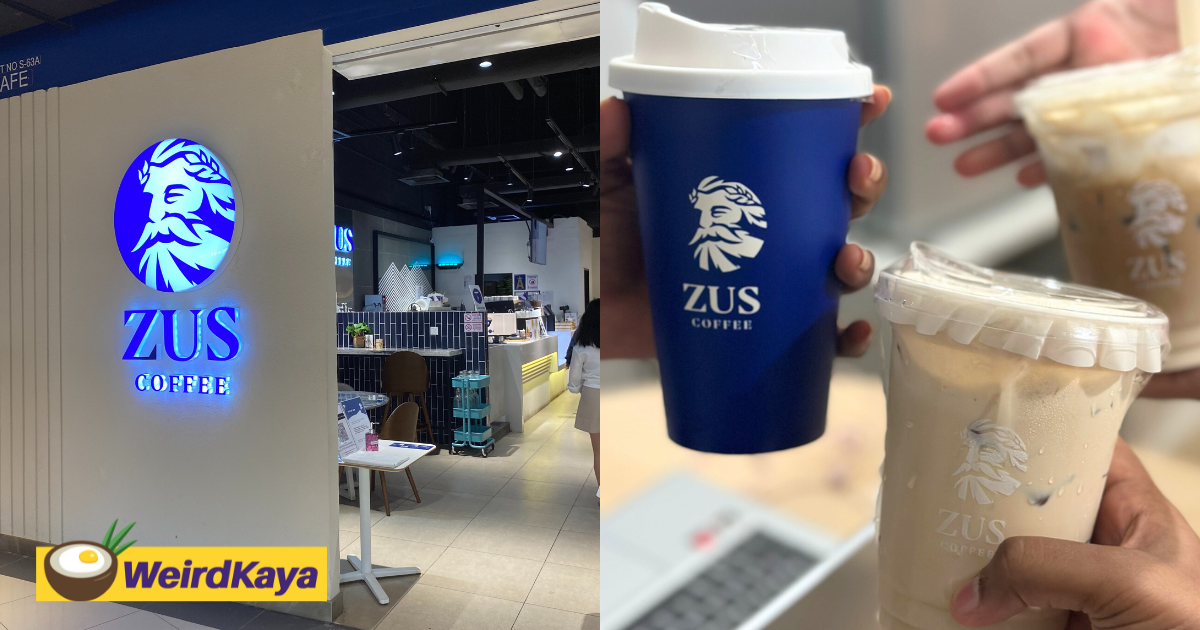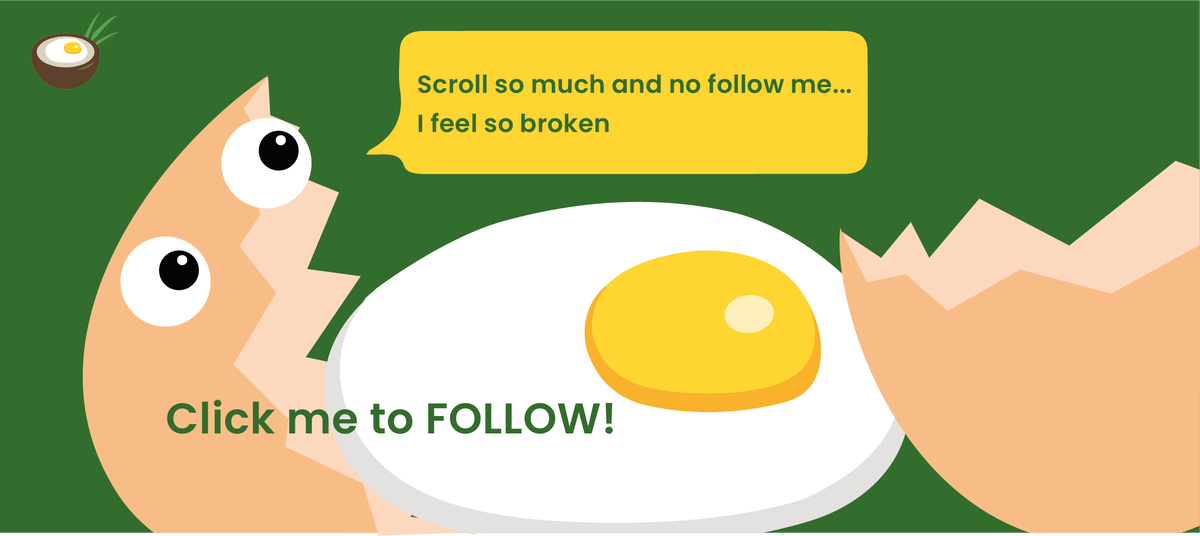In a recent development in Malaysia, the ongoing boycott movements, have now targeted ZUS Coffee.
The ongoing boycotts of international brands like McDonald’s, Starbucks, and Nestlé have been affecting the livelihoods of employees and delivery personnel.
The homegrown coffee chain, which found itself mired in controversy over the origins of its name and logo.
The call for boycott was initiated by a Facebook page, which claimed the similarity between “ZUS” and “Zeus” in pronunciation and the representation of an old man in the logo, reminiscent of Zeus.
However, many local netizens supporting ZUS Coffee for being a homegrown Malaysian brand.
Netizens expressed support for ZUS, noting the importance of backing local businesses and questioning the rationale behind the boycott, especially since ZUS holds a Halal certification.

Inspired by the tale of Kaldi
Amidst this whirlwind of speculation, there’s a viral Reddit post that shed light on the logo’s origin.
The poster shows that ‘ZUS’ is derived from a blend of ‘ZEAL’ and ‘US’, echoing the founders’ enthusiasm and ambition.
Their logo, far from depicting Zeus, draws inspiration from the tale of Kaldi, the legendary goat herder who discovered coffee.

WeirdKaya has reached out to ZUS Coffee for a comment on the heated topic but has yet to receive any reply.
Netizen: “What about Apollo?”
Just when the discussions seemed to reach a conclusion, a thought-provoking comment from a Malaysian netizen added a new dimension.
He pointed out the inconsistency in the public’s reaction to the ZUS controversy compared to the acceptance of other cultural symbols like Apollo, another figure from Greek and Roman mythology.
The netizen’s comment reads, ‘How many Apollos have you consumed? Apollo is also one of the ‘gods’ in Greek and Roman mythology. You probably didn’t know because you only recently learned about Zeus and now everyone is acting like an expert on Zeus.’
He also emphasized the selective outrage that seemed to peak with the ZUS controversy while ignoring other mythological references embedded in our daily lives, such as the characters in Marvel’s Thor, rooted in Norse mythology.
This situation, as pointed out by a Malaysian netizen, brings to the forefront how we interpret cultural symbols in our everyday buying and advertising.



